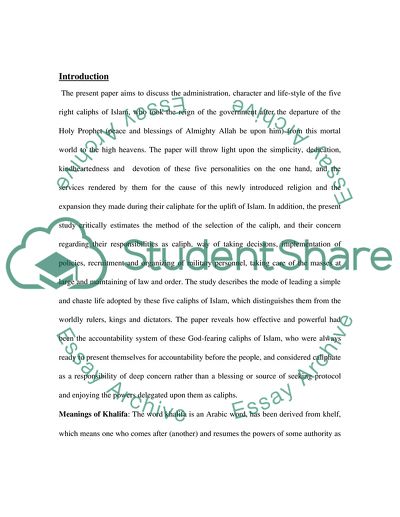Cite this document
(“History and the Holy Prophet Assignment Example | Topics and Well Written Essays - 2500 words”, n.d.)
History and the Holy Prophet Assignment Example | Topics and Well Written Essays - 2500 words. Retrieved from https://studentshare.org/religion-and-theology/1727452-khalifah-ar-rashidah
History and the Holy Prophet Assignment Example | Topics and Well Written Essays - 2500 words. Retrieved from https://studentshare.org/religion-and-theology/1727452-khalifah-ar-rashidah
(History and the Holy Prophet Assignment Example | Topics and Well Written Essays - 2500 Words)
History and the Holy Prophet Assignment Example | Topics and Well Written Essays - 2500 Words. https://studentshare.org/religion-and-theology/1727452-khalifah-ar-rashidah.
History and the Holy Prophet Assignment Example | Topics and Well Written Essays - 2500 Words. https://studentshare.org/religion-and-theology/1727452-khalifah-ar-rashidah.
“History and the Holy Prophet Assignment Example | Topics and Well Written Essays - 2500 Words”, n.d. https://studentshare.org/religion-and-theology/1727452-khalifah-ar-rashidah.


